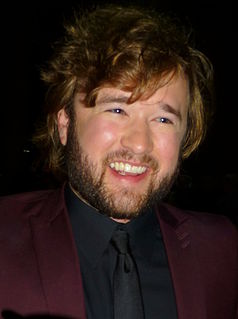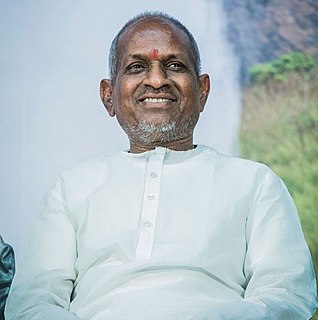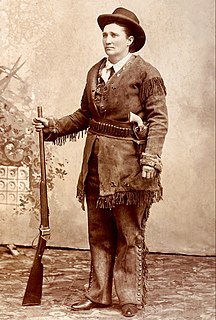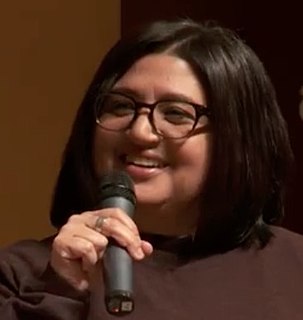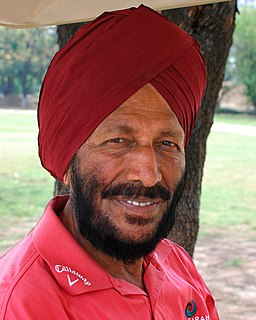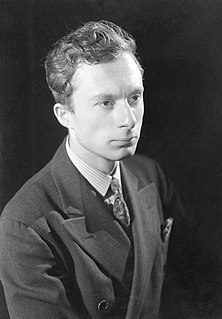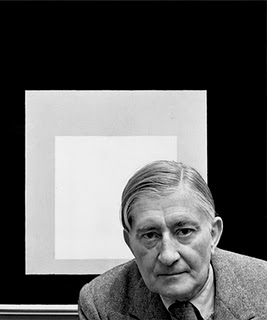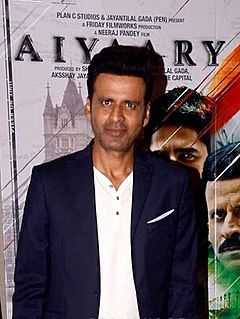A Quote by Wolfgang Paul
I was born on August 10, 1913, in Lorenzkirch, a small village in Saxony, as the fourth child of Theodor and Elisabeth Paul, nee Ruppel. All in all, we were six children. Both parents were descendants from Lutheran ministers in several generations.
Related Quotes
We can't go on forever with 11 million people living in this country in the shadows in an illegal status. We cannot forever have children who were born here - who were brought here by their parents when they were small children to live in the shadows, as well... What's changed, honestly, is that there is a new appreciation on both sides of the aisle, maybe more importantly on the Republican side, that we need to enact a comprehensive immigration reform bill.
My parents are from the South - they were both born in Birmingham - so my dad saw R.E.M. really early on when they were playing college stuff in Athens. He had a bunch of their cassettes from the '80s, and when I was 8, 9, or 10, those were the sort of things that were around the cassette player in the living room.
Time does not really exist for mothers, with regard to their children. It does not matter greatly how old the child is-in the blink of an eye, a mother can see the child again as they were when they were born, when they learned how to walk, as they were at any age-at any time, even when the child is fully grown or a parent themselves.
My parents were not formally educated. Both were cognizant of the importance of education. The teachers and ministers were the role models, and they would say, you should want to be like Miss Gardiner, you should want to be like Mr. Freeman, or be like your dad. Shun the people who don't value education.



